DMO: Debt levels rising globally, not just in Nigeria
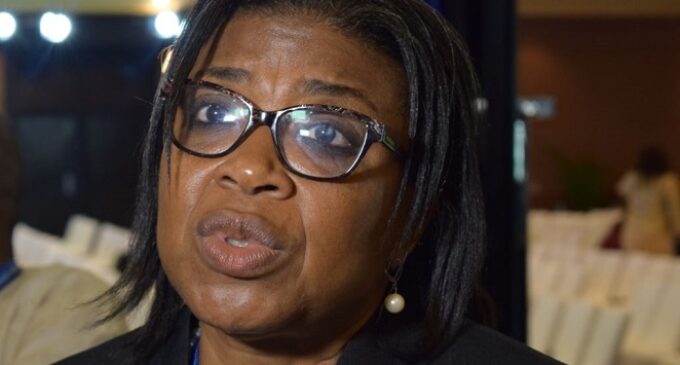
The Debt Management Office (DMO) says borrowing to finance budget deficits and critical infrastructure is “not necessarily bad” for the country.
Patience Oniha, director-general of DMO, said this in an interview with NAN on Thursday in Lagos.
Oniha said that government borrowings were done by all countries, mostly to finance infrastructure.
According to her, the multiplier effects of quality infrastructure on a country’s economy cannot be quantified.
She said that successive Nigerian governments have had to recourse to borrowing to fund budget deficits.
She said Nigeria’s annual budgets would be affected if funds were not raised to support them.
“The issue of debt has become topical in Nigeria that sometimes it almost looks as if borrowing is an offence or a crime,” Oniha said.
“The first thing we must understand is that countries across the world borrow, be it poor countries, advanced countries, developed countries, emerging markets. They all borrow.
“We usually hear complaints that debt levels are rising in Nigeria. Globally, debt levels are rising, not just in Nigeria.”
The DMO boss said the advent of COVID-19 had also made borrowing imperative for some countries.
“What has happened with COVID-19 is that countries needed to spend more, not only on health needs but on social needs as well, because we need to take care of people who are losing their jobs,” Oniha said.
“We need to create incentives for the private sector to continue operating to avoid a big recession because most countries experienced recession.
“We did as well, but we came out of it after two quarters. Government spending is one of the tools you can use properly to exit recession.
“In Nigeria, we borrow to finance budget deficits, sometimes we borrow to finance specific projects and services like railways and airports. Financing infrastructure is an economy itself. It creates jobs across all sectors.
“We also borrow to finance maturing loan obligations like the Federal Government of Nigeria (FGN) bonds and Nigeria treasury bills.”
Oniha explained that statutory laws are in place to regulate borrowings by governments at various levels and prevent abuse of the process.
“The Fiscal Responsibility Act states that borrowing should be for capital purposes and human capital development. The DMO Act is also clear, especially on external borrowings,” she said.
“No arm of government can borrow on its own. It has to conform with those provisions and pass through the federal executive council and the national assembly.
“There is also a fiscal responsibility for the state governments to ensure that the reforms at the centre also happen in the states.”
The DMO had recently said that the country’s total debt stock as at December 2021 stood at N39.556 trillion.






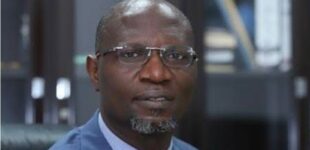
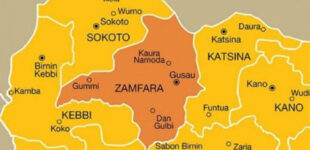

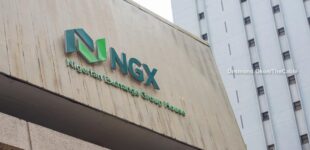

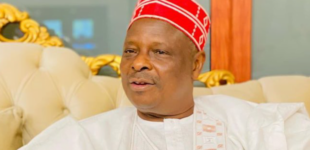



There are no comments at the moment, do you want to add one?
Write a comment